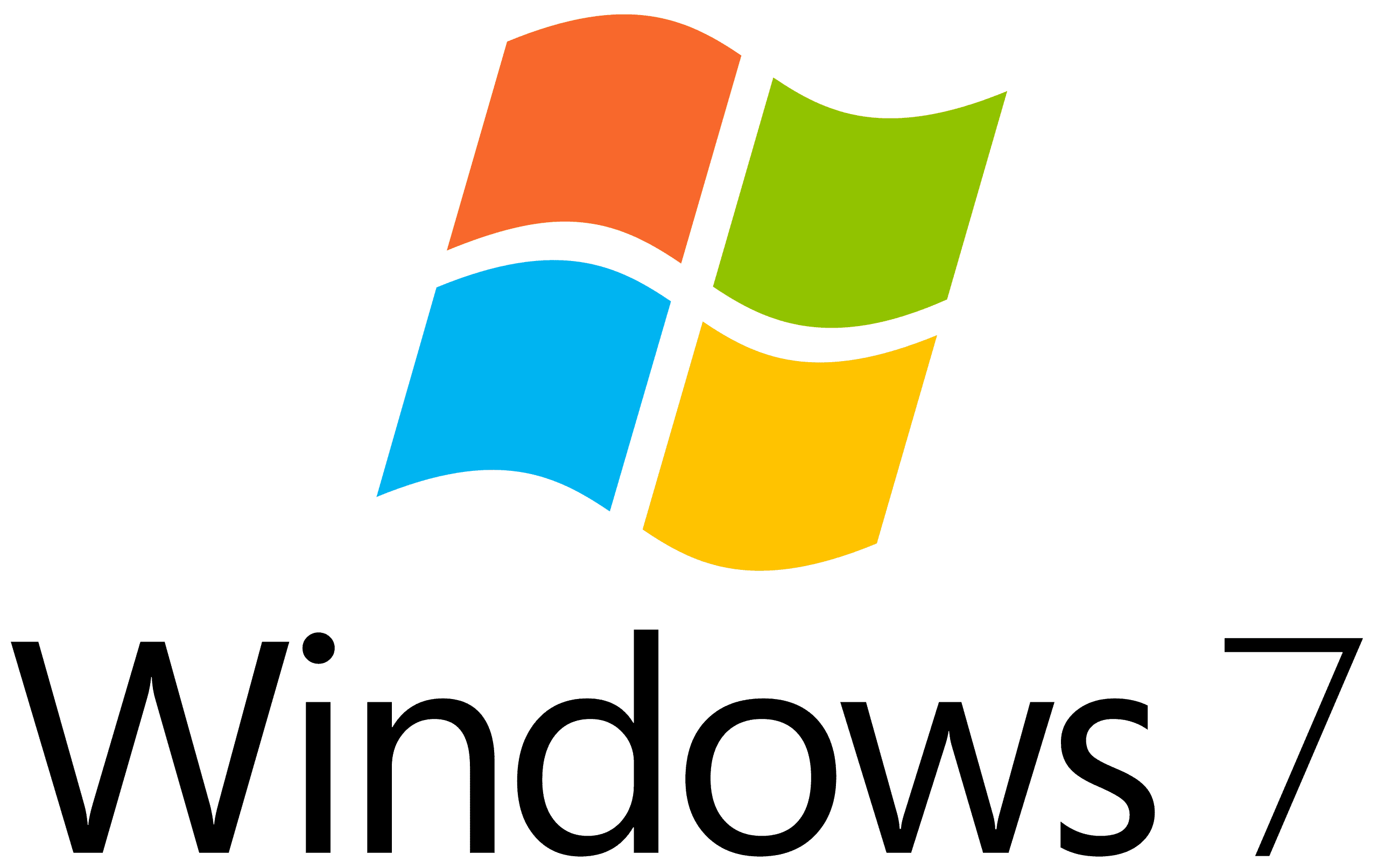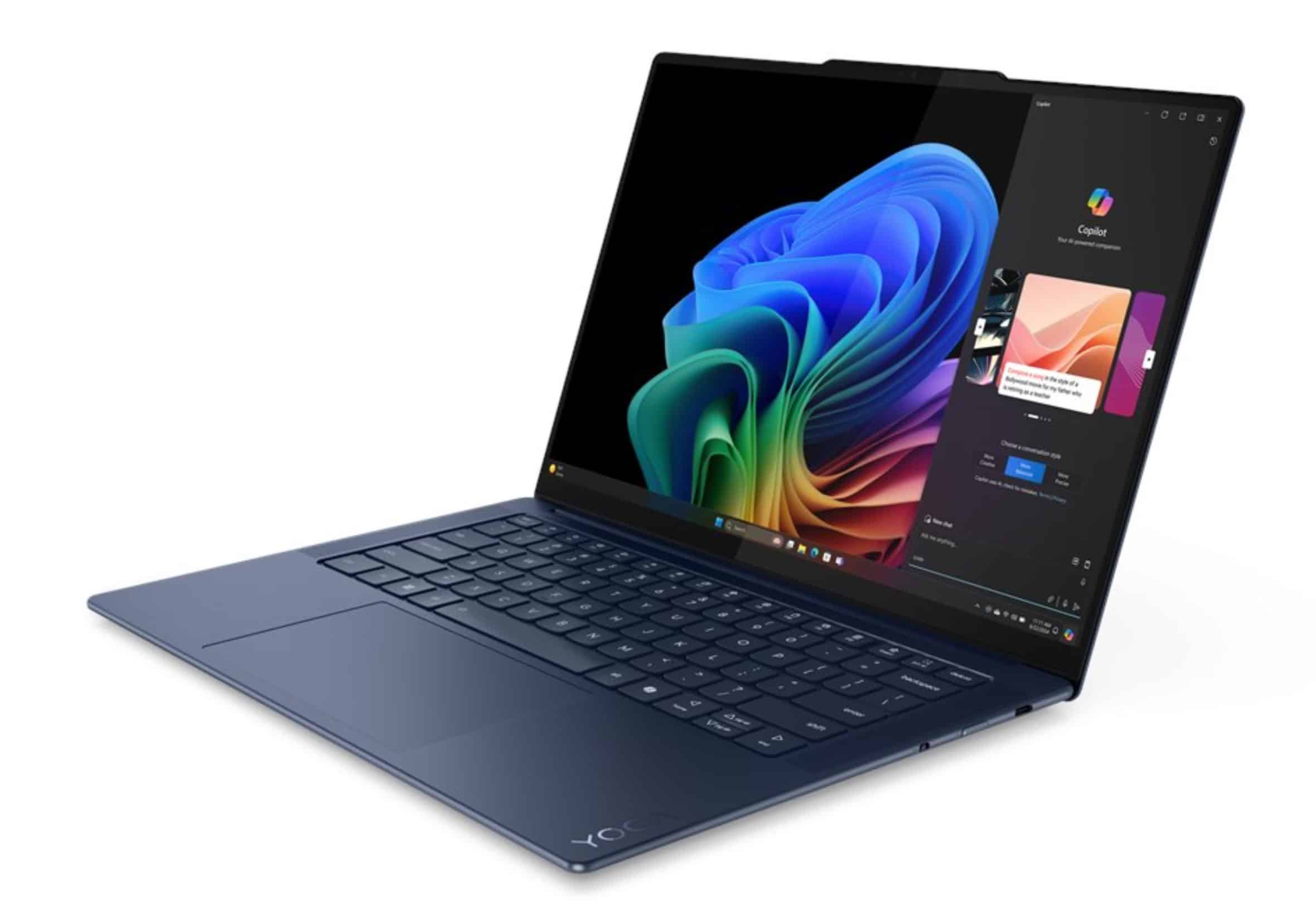Microsoft is ending Windows 7 extended security updates this Tuesday
2 min. read
Published on
Read our disclosure page to find out how can you help MSPoweruser sustain the editorial team Read more

Starting this Tuesday, Microsoft will no longer provide extended security updates for Professional and Enterprise editions of Windows 7. Alongside this, the Redmond company encourages Windows 7 device users to upgrade to a higher Windows OS version, especially Windows 11, which is still behind the older Windows 10 system. (via Bleeping Computer)
In October 2009, Microsoft launched Windows 7, which later reached its end of support and extended end of support dates in January 2015 and January 2020, respectively. This pushed desperate Windows 7 users to turn to Microsoft’s Extended Security Update (ESU) program. The updates for this program, however, will end on Tuesday, January 10, alongside the EOS of Windows 8.1.
With this, the software company suggests to those who will be affected to upgrade either their system or devices. Microsoft’s support page says current Windows 7 device owners can upgrade to Windows 10 by purchasing and installing its full version. It also highlights that while Windows 10 is a quick solution, Windows 11 is a more ideal option since Windows 10 only has three years left before it reaches its end of support date.
“Most Windows 7 devices will not meet the hardware requirements for upgrading to Windows 11, as an alternative, compatible Windows 7 PCs can be upgraded to Windows 10 by purchasing and installing a full version of the software,” says Microsoft on its page. “Before investing in a Windows 10 upgrade, please consider that Windows 10 will reach its end of support date on October 14, 2025.”
While upgrading to Windows 11 means purchasing new computers, Microsoft explains to Windows 7 machine users the benefits of having more modern devices with more advanced hardware components.
“To maintain the reliability and stability of Microsoft 365, we strongly recommend you take advantage of the latest hardware capabilities by moving to a new PC with Windows 11,” Microsoft explains. “PCs have changed substantially since Windows 7 was first released ten years ago. Today’s computers are faster, more powerful, and sleeker—plus they come with Windows 11 already installed.”
The move reflects Microsoft’s continuous dedication to uplifting the Windows desktop market share of the latest Windows OS. Currently, Windows 10 makes up 68.01% of the entire Windows desktop market share, while Windows 11 has only a total share of 16.93%.








